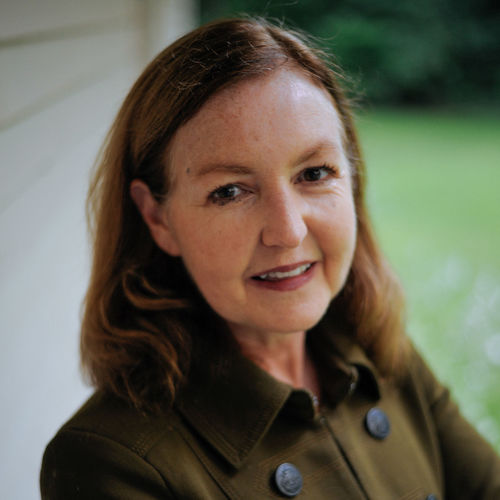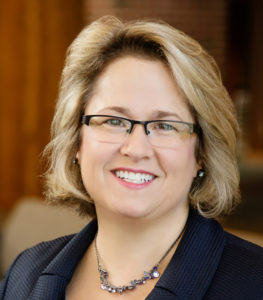Human Rights for Everyone, Everywhere: The Report of the Independent Expert on Protection Against Violence and Discrimination Based on Sexuality and Gender

Christine M. Venter is a teaching professor at Notre Dame Law School and affiliated faculty in Gender Studies at the University of Notre Dame.
Among the fundamental core concepts underpinning human rights is the concept that they are indivisible and interdependent. This precept is sorely tested when proponents of religious liberty and LGBTQ+ rights respectively assert that their group’s rights trump the rights of other groups. At a conference last year in Rome, U.S. Supreme Court Justice Samuel Alito asserted that “[r]eligious liberty is under attack in many places because it is dangerous to those who want to hold complete power.” Alito is not alone in his assessment; headlines abound about the threats to religious liberty,whether by the Chinese government in its persecution of Uyghurs, India’s attacks on Muslims, or acts of vandalism against Catholic Churches. The belief that religious liberty is under threat, coupled with incidents like the leak of the Dobbs decision, has created an atmosphere of fear and mistrust. Alito went on to speculate that religiously motivated attacks “probably grow out of something dark and deep in the human DNA—the tendency to distrust and dislike people who are not like ourselves.”



